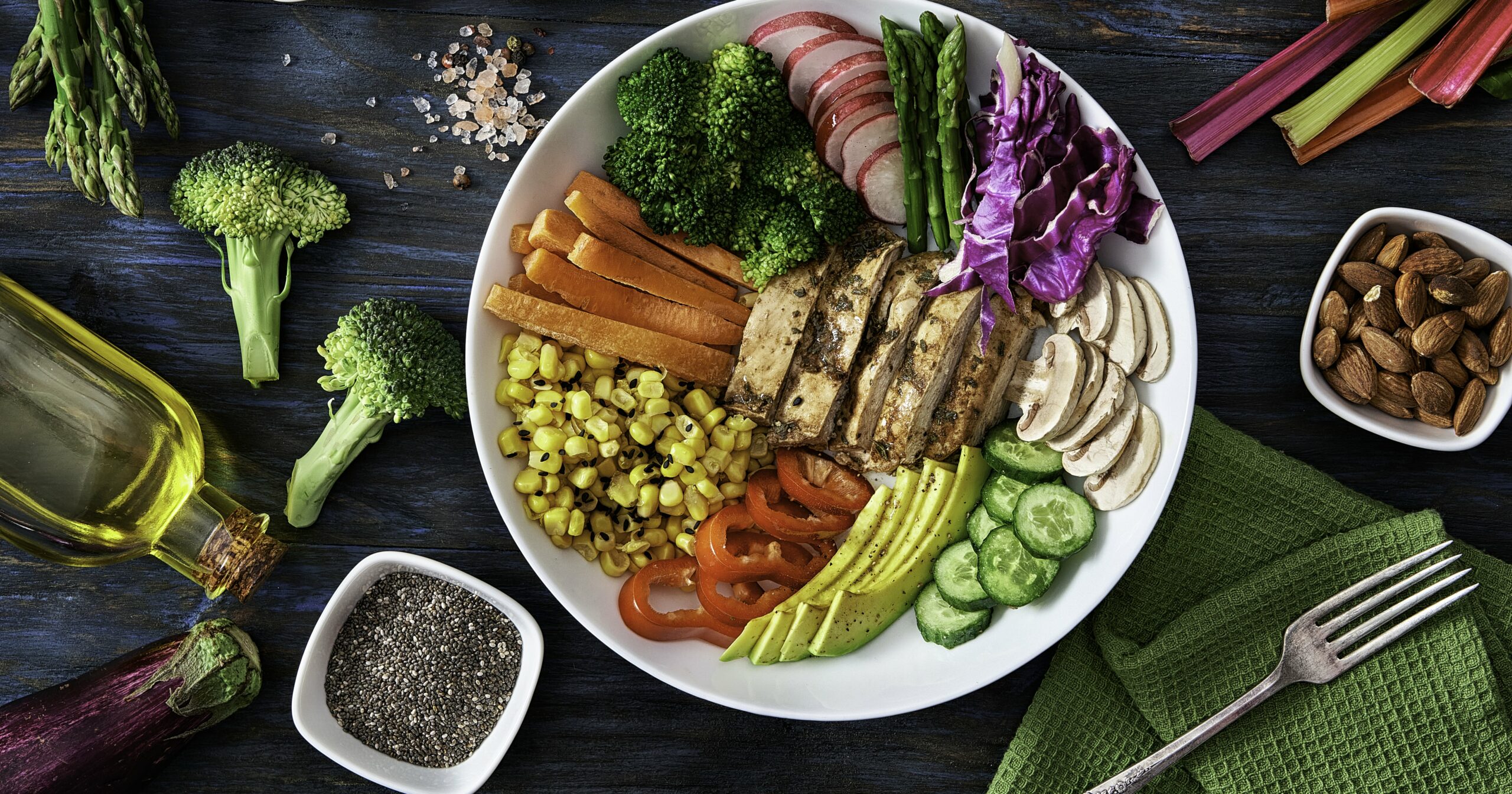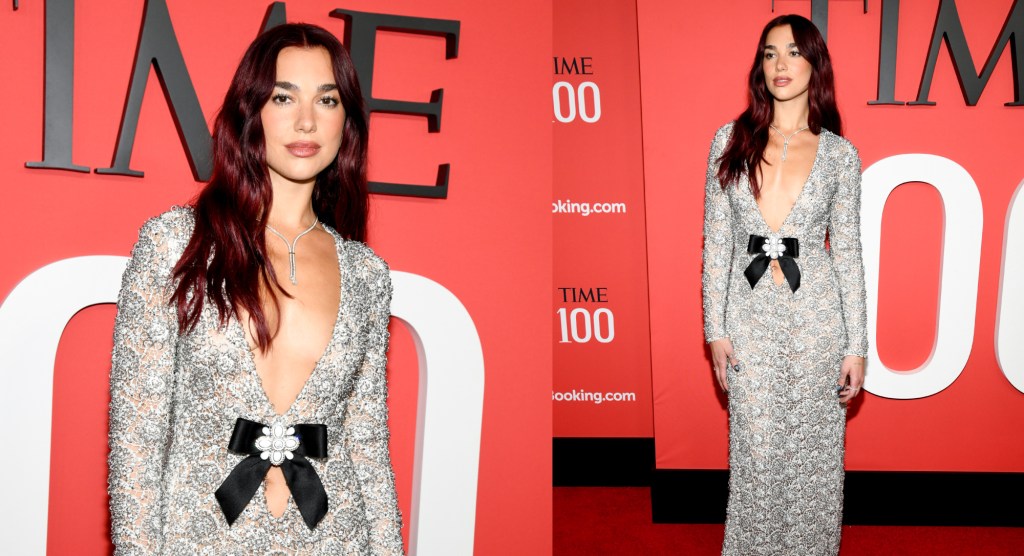We know food is powerful, but can the right diet slow down the clock? Science says possibly – but it helps if you keep your brain health in mind. According to a recent study published in Annals of Neurology, the Mediterranean-DASH Intervention for Neurodegenerative Delay (MIND) diet may boost brain health, lower dementia risk, and even help with biological aging. Results were found using data from the ongoing Framingham Heart Study, looking at over 1,600 dementia-free adults over the age of 60. Researchers studied participants’ biological aging from 1991-2008, eventually finding that those who followed the MIND diet had lower aging scores than those who didn’t. So what is the MIND diet exactly, and how does it actually work?
To figure out what the MIND diet is and how it impacts aging, we turned to experts in longevity and nutrition. They explained exactly how the MIND diet affects the brain, what foods are involved, and what you should know before trying it yourself. Read on to learn more about the MIND diet, including its potential benefits.
Experts Featured in This Article:
Nicola Guess, MD, PhD, is a researcher on the MyFitnessPal Scientific Advisory Council.
Martha Theran, RD, is a registered dietitian and educator at the Pritikin Longevity Center.
What Is the MIND Diet?
The MIND diet is essentially a combination of the Mediterranean and DASH diets. “Key components of the MIND diet include ‘brain foods’ such as nuts, berries, olive oil, and green leafy vegetables,” says Martha Theran, RD and educator at the Pritikin Longevity Center. “These foods are rich in nutrients and antioxidants that support brain function and help reduce neurodegeneration, offering a comprehensive approach to maintaining cognitive health and preventing age-related decline. According to Nicola Guess, MD, PhD, a researcher on the MyFitnessPal Scientific Advisory Council, the MIND diet specifically includes:
- Whole Grains: 3 Servings a Day
- Non-Leafy Green Vegetables: 1+ Servings a Day
- Green Leafy Vegetables: 6+ Servings a Week
- Nuts: 5+ Servings a Week
- Beans: 4+ Servings a Week
- Berries: 2+ Servings a Week
- Poultry: 2+ Meals a Week
- Fish: 1+ Meals a Week
- Olive Oil: To be used as the primary added fat
What Makes These Foods Good For Brain Health?
With growing interest in the longevity space, Dr. Guess notes that we’re starting to think about aging differently, emphasizing brain health and the biological aging of cells. “This more ‘molecular’ approach to aging has led to the development of the MIND diet, [which is] designed to preserve brain health and slow down cellular aging by promoting the consumption of antioxidant-rich and anti-inflammatory foods to help combat oxidative stress and inflammation,” she says. A study in “The Journal of Nutrition, Health & Aging” also found that higher adherence to the MIND diet was linked to better cognitive function in older adults. Ahead, Theran explains how some of the main components of the MIND diet specifically affect the brain:
- Nuts: “Rich in healthy fats, antioxidants, and vitamin E, nuts can protect brain cells from oxidative stress and inflammation.”
- Berries: “Berries are high in antioxidants, particularly flavonoids, and can improve communication between brain cells and reduce brain inflammation.”
- Olive Oil: “Contains monounsaturated fats and polyphenols that help reduce inflammation and oxidative damage in the brain.”
- Green, Leafy Vegetables: “Provide essential nutrients like vitamin K, lutein, folate, and beta-carotene, which are linked to slower cognitive decline. Additionally, green leafy vegetables are believed to protect the brain because they contain high levels of compounds that fight oxidative stress.”
Can the MIND Diet Help With Aging?
“There is growing evidence supporting the claims that the MIND diet can slow cognitive aging and lower the risk of dementia,” Theran says. She points to a 2015 study published in “Alzheimer’s & Dementia,” which found that individuals who closely followed the MIND diet had a 53% reduced risk of Alzheimer’s disease (and even those who only “moderately” followed the MIND diet reduced their risk by about 35%). Dr. Guess adds that the results were consistent even after adjusting for lifestyle factors and health conditions associated with dementia. While these findings are promising, it’s important to note that the research linking the MIND diet to higher memory scores, lower risk of dementia, and slower cognitive decline, is still in the early stages.
“Despite these promising findings, the research is primarily observational, and such studies can be confounded by factors like socioeconomic status and overall lifestyle,” Dr. Guess says. “For example, people who tend to eat more berries may have higher levels of income and education, and probably an intellectually stimulating job, both factors which are likely protective of cognitive function and brain health.” We won’t be able to establish causation until more randomized controlled trials are done, but in the meantime, she says the MIND diet is still considered a healthy option.
Is the MIND Diet Safe?
There are plenty of benefits to eating brain-healthy foods, but is there anyone who should avoid the MIND diet? “The MIND diet is generally considered safe and beneficial for most people, given its foundation on the Mediterranean and DASH diets, which are associated with numerous health benefits, including lower blood pressure, improved cholesterol levels, and reduced risk of chronic diseases,” Dr. Guess says. “However, individuals with specific dietary restrictions or allergies – such as nut allergies – might need to adapt the diet to their needs.” She adds that people on blood-thinning medications should also be mindful about consuming green, leafy vegetables due to their high vitamin K content (which can interact with their medication). Before making any significant dietary changes, Dr. Guess recommends consulting a healthcare professional for the best personalized medical advice.
Chandler Plante is an assistant editor for PS Health & Fitness. Previously, she worked as an editorial assistant for People magazine and contributed to Ladygunn, Millie, and Bustle Digital Group. In her free time, she overshares on the internet, creating content about chronic illness, beauty, and disability.




